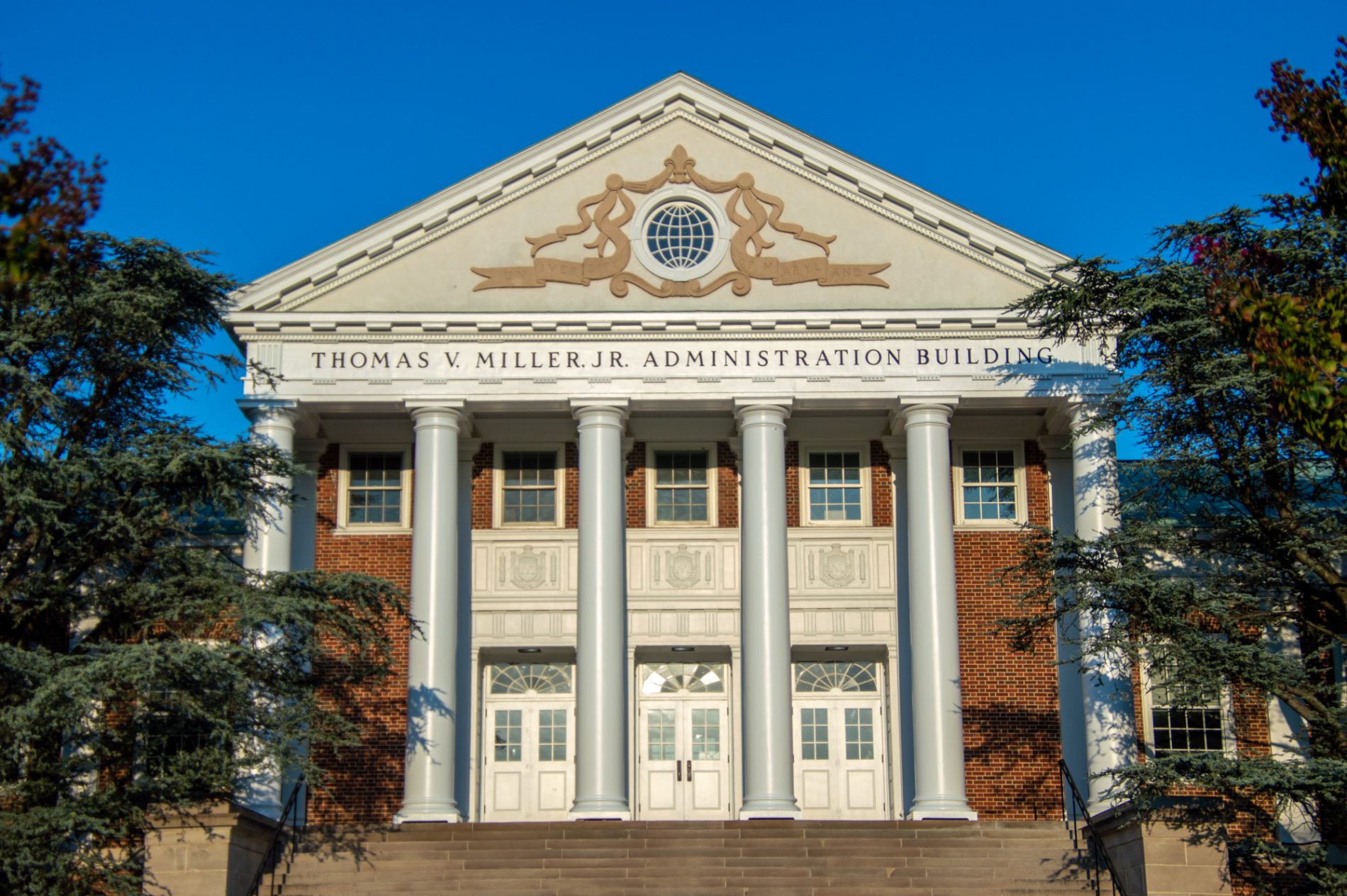Views expressed in opinion columns are the author’s own.
The University of Maryland is not a sanctuary. Despite lofty claims of diversity, equity, and inclusion, the university does not actually care about its most vulnerable students. Instead, it focuses on doing the very least, providing the same treatment for all — as after all, the school ignores all of its students — while giving nothing more than lip service to Black and Latino students on campus.
When ProtectUMD, a coalition of 25 student organizations at Maryland, created a list of 64 demands to make the university a safer and more inclusive place for marginalized groups in the wake of the 2016 presidential election, they were largely met with scorn and condescension, and the administration didn’t respond.
After the killings of George Floyd and other Black people at the hands of police, university President Darryll Pines released a statement discussing his personal reaction to the violence and expressing his support for the Black Lives Matter movement. However, instead of explicitly expressing the university’s duty to protect specifically marginalized people, he wrote that “we all must rise up and stand together to show our humanity to one another” and called for unity.
We know the university is not safe. Less than four years ago, 1st Lt. Richard Collins, a Black Bowie State student, was murdered on its campus by a former student who was a member of a white supremacist Facebook group. Less than a month prior, a noose was found in a frat house in College Park’s Fraternity Row. A few months before that, white nationalist posters declaring that “America is a white nation” appeared across the campus.
After these incidents, the university president must have specifically called for the protection and safety of Black students — right?
That didn’t happen. The most Loh did in his statement following the murder was to say, “We must all do more to nurture a climate — on campus and beyond — where we stand against hate, we fight against hate crimes, and we reaffirm the values that define us a university and as a democracy.” This is, unequivocally, shameful.
These incidents all occurred in 2017, as hateful individuals, emboldened by the election and inauguration of President Trump, felt safe spewing their vitriol and attacking vulnerable students. As we approach one of the most contentious elections in this nation’s history, we have to brace ourselves at the University of Maryland.
Law enforcement organizations are already preparing themselves for post-election violence, and its likelihood is getting higher and higher, particularly after protest shootings and the rise in violent independent civilian militias.
I know LGBTQ+ students of color who fear a target will be placed on their backs by white supremacist groups. I know Black students who are stocking up on groceries and essentials, despite being on the campus, to avoid having to go out in public and face a cruel and violent world.
These scenarios aren’t specific to a Trump victory, either. If Trump loses, the violence could be even worse, especially if he contests the results.
If these students are afraid now, if law enforcement is expecting violence this far out from the election, why hasn’t the university shown any care for its most vulnerable populations?
Pines already neglected to cancel classes on Election Day, despite his desires to “get out the vote.” Though he asked for professorial flexibility on Nov. 3, he made no reference to greatly needed flexibility in the aftermath of a potentially devastating election. The administration has not referenced possible consequences of the election, nor has it announced a commitment to resources needed by marginalized and targeted groups as a result.
There are eight days left until the election. Though I hope there is no violence in its aftermath, I recognize that I can afford to just “wait and see.” This is not true for the large percentage of the university community that the administration fetishizes through diversity statistics. For once, it’s time the University of Maryland steps up before something bad happens.
The university must tell students what its plan is and how it’s preparing for the worst-case scenario. It needs to give us Election Day off and mandate flexibility from professors around the election. It needs to disclose and supplement current counseling services to prepare for an already emotionally traumatized student body. It needs to investigate and implement non-police security options that will dissuade violence and protect vulnerable students from white supremacists.
Most importantly, the university needs to both declare the worth of marginalized groups and back up that support with actions. It must release a statement before the election establishing that “Black Lives Matter at UMD” while condemning white supremacy and violence. The university has never earned the trust from the marginalized students that it tries to tap into. By continuing statements focusing on unity rather than recognizing the experiences of Black, Latino and other vulnerable students, the university is showing it cares more about the approval of the white supremacists than the safety of the endangered.
The university has a responsibility to keep its students safe. So far, it has failed. This election will either set this legacy in stone or work to be on the right side of history. For the sake of human life, I hope we see the latter. Unfortunately, I’m not optimistic.
Jake Foley-Keene is a junior government and politics major. He can be reached at jakefoleykeene@gmail.com.



